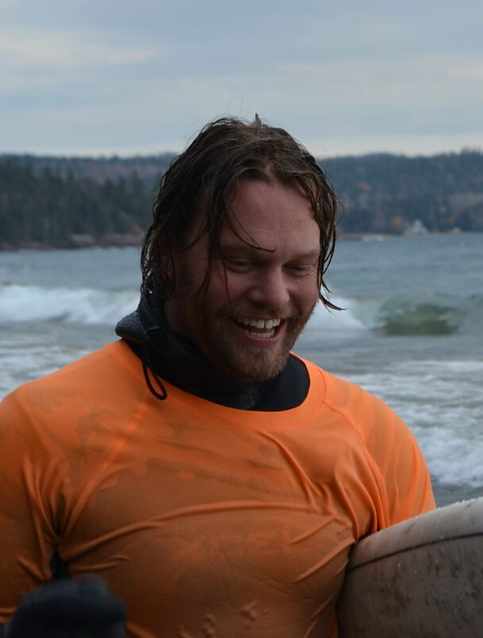Alumnus Chris Dube Wins “Natural Curiosity Edward Burtynsky Award” for Environmental Education Teaching
Chris Dube (BEd, 2005; MEd 2009; Thunder Bay campus), and High School Science/Outdoor Environmental Education Teacher at Lake Superior High School in Terrace Bay, Ontario, has been named Grand Prize winner of the 2022 Natural Curiosity Edward Burtynsky Award for Teaching Excellence in Environmental Education. This annual, national award honours three outstanding educators across Canada for their exemplary practices in environmental inquiry.
Chris explains that his philosophy of experiential, environmental education is that “students and the school should be an integral part of the community. I believe that local activism, and authentic project-based learning activities, allow students to develop their critical thinking and global citizenry.”
Chris demonstrates this passion through various hands-on projects he coordinates with students, such as the sustainable trail development of the Casque Isles Hiking Trail. Together, Chris and his students developed a plan to create 11 permanent camp sites along a 53-kilometre trail on the North Shore of Lake Superior. Students received a Trillium grant to fund the purchase of bear boxes, fire rings, signage, and material to build thunder boxes. They also researched sensitive environmental features of the trail, such as the Arctic Alpine Disjunct plants, to determine appropriate locations for camp sites.
Chris has also developed a locally-focused, yet globally relevant multi-credit Outdoor Environmental Science program, based on Ontario curriculum documents. The program consists entirely of hands-on, project-based learning activities, employing authentic and alternative assessment methods and Indigenous ways of teaching and learning. He notes that the program naturally incorporates four areas of priority: Indigenous Education, Community Development, Mental Health and Well-being, and Experiential Learning.
“The majority of the course is spent on the land with First Nations members, local community members, peers, and local business and community organizations to learn beyond the walls of the school,” he explains. This enables students to understand their role and responsibilities in the community, identify goals for self-development and growth, and actualize projects that have a real impact in their community.
Chris wrote an MEd thesis focused on assessment and evaluation of two secondary school outdoor, experiential environmental programs, under the supervision of Dr. Connie Russell.


